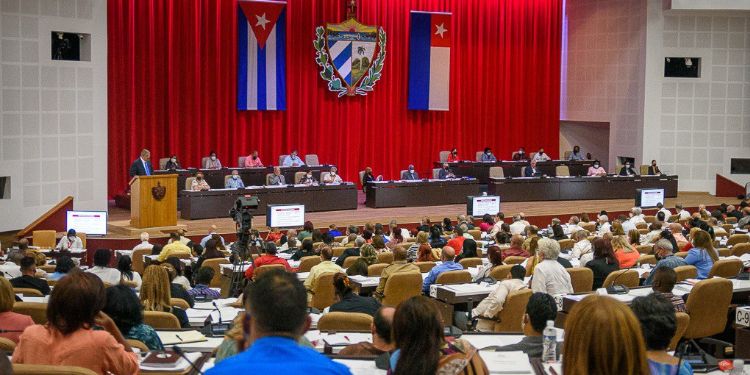the oecd considers that given the current escalation of inflation, increases in the minimum wage should be favored to cushion the blow for the most vulnerable families, and accompany this with other benefits social and mechanisms or bonuses to compensate for the increase in the cost of energy.
(See:The employers’ proposal for the negotiation of the minimum wage).
“Although heightened uncertainty and a significant slowdown in economic growth may suggest caution in raising minimum wages, several countries have room to go beyond current minimum wage levels and protect, at least partially, the most vulnerable workers from the rise in prices”he pointed.
In a report dedicated to minimum wage in these times of inflationpublished this Friday, the Organization for the Cooperation and Economic Development (OECD) doesn’t say what those countries are, but it does give some indirect clues.
(See: This is the scenario in which the Government would have to set the minimum).
One of them is to compare it in relative terms – in each of the 30 countries of its 38 members in which there is a national minimum wage – with the median wage, that is, with the remuneration below which 50% of the workers are and the other 50% above. On average, in the OECD the minimum wage represents 55% of the medianalthough that figure varies widely, from more than 70% in Colombia (92%), Costa Rica (81%), Chile (72%), and Turkey (70%), to just 29% in the United States.
The study authors also analyze the loss in purchasing power of the minimum wage in a dozen member countries between the end of 2020 and September 2022. The drop in real terms is particularly strong (more than 10%) in the United States, where there has been no there have been no revaluation in those seven quarters, and in the Netherlands. The loss of purchasing power is greater than 5% in Spain (the 5.3% increase in the minimum wage in January has not made it possible to offset the impact of inflation) and in Poland, while it is between 0 and 5% in Germany, Greece, the United Kingdom and Japan.
(See: Labor unions propose that the minimum wage rise by $200,000 in 2023).
Faced with this, it has maintained the purchasing power of the minimum wage in Australia and has increased between 0 and 5% in Belgium, France and, especially in Chile, where the minimum wage has had three increases in the period studied (3.2% in May 2021, 12.8% in May 2022 and 5.3% in August 2022).
(See: Countries that should raise salaries due to inflation, Colombia is one).
The OECD emphasizes that, in the current context of record inflation in the last four decades that affects “disproportionately” to the less fortunate, “minimum wages can become an even more important tool to protect the living standards of low-wage workers”. But he also points out that, beyond the increase in the minimum wage, Other mechanisms must be used to protect the income of the most vulnerable, such as energy bonuses.
EFE


















